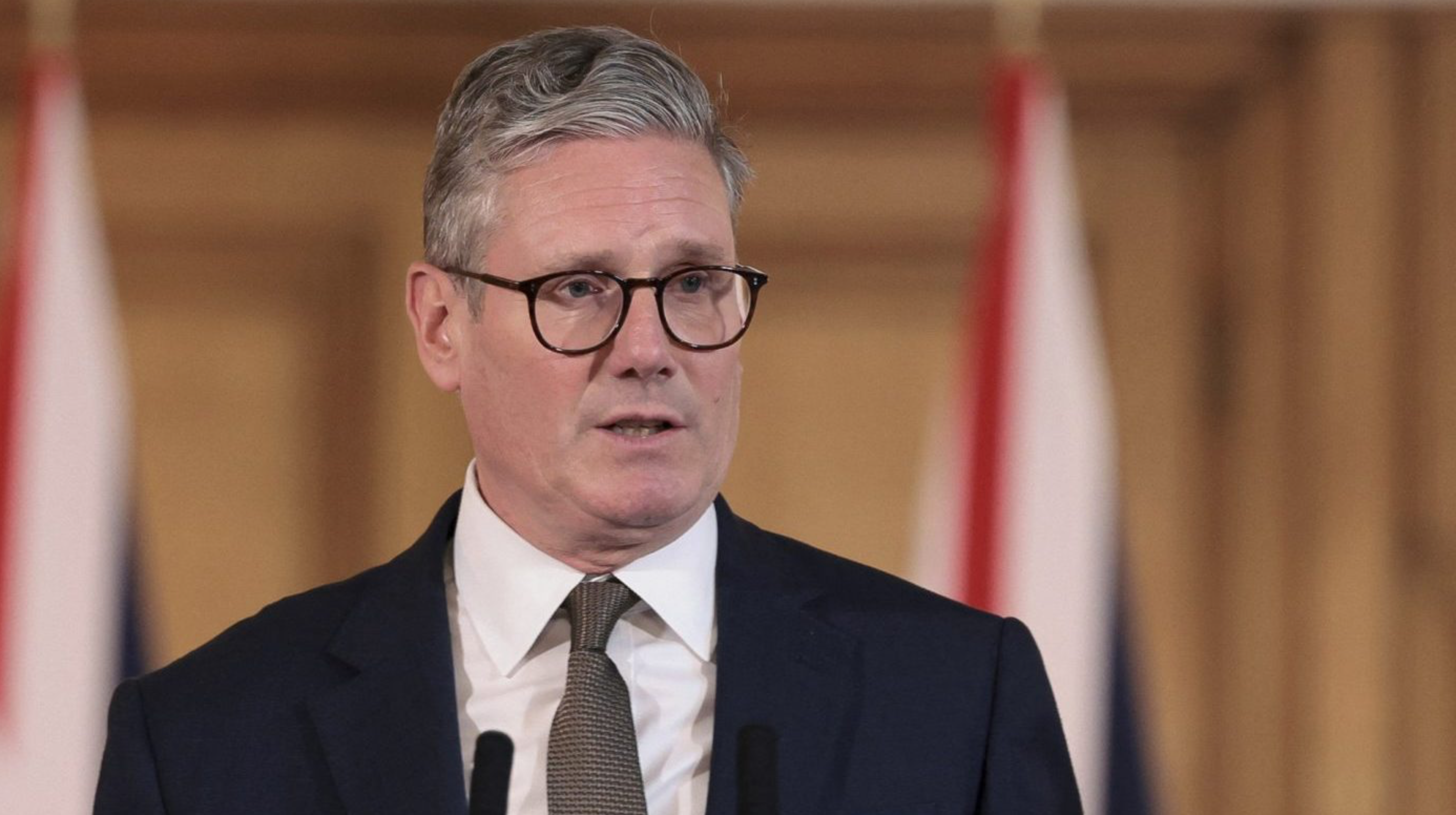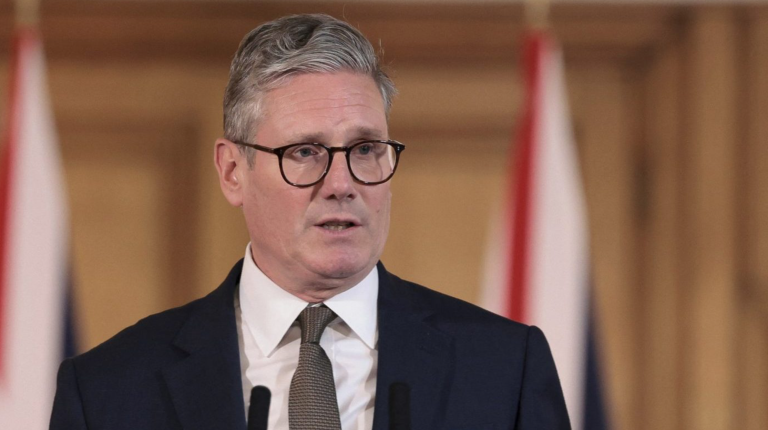
The United Kingdom is set to impose stricter visa regulations on travelers from Nigeria and Pakistan in response to concerns over high rates of visa overstays. According to reports, the UK Home Office has identified these two countries as having significant numbers of visitors remaining in the country beyond their visa expiration dates, prompting a policy reassessment.
This move aligns with the UK government’s broader efforts to reduce net migration and maintain stricter border controls. However, critics argue that the decision unfairly targets specific nationalities and could strain diplomatic relations.
Recent immigration data paints a troubling picture for Nigerian nationals seeking UK visas, with rejection rates skyrocketing to unprecedented levels. Official 2024 statistics reveal a shocking escalation in refusal rates, jumping from just 1 in 31 applications in 2022 to a staggering 1 in 8 by late 2023—a more than threefold increase in barely 18 months.
This dramatic tightening of UK visa approvals has had severe consequences: The number of visas issued to Nigerians plummeted by 63% in a single year, representing one of the steepest declines ever recorded for any nationality applying to enter Britain.
Why Is the UK Tightening Visa Rules?
1. Rising Overstay Rates
Data from UK immigration authorities suggests that Nigerian and Pakistani nationals rank among the top groups overstaying their visas. This includes:
- Visit visas (tourism, family visits)
- Student visas (failure to leave after studies)
- Work visas (unauthorized extensions)
2. Pressure to Reduce Net Migration
The UK government has been under political pressure to curb legal and illegal immigration. Prime Minister Rishi Sunak’s administration has pledged to bring down net migration, which hit a record high in recent years.
3. Previous Precedents
This is not the first time the UK has imposed visa restrictions based on overstay risks. Similar measures were previously introduced for countries like Ghana and Bangladesh.
Expected Changes to Visa Policies
While official details are still emerging, potential measures could include:
✅ Stricter financial requirements (higher proof of funds).
✅ Increased scrutiny of visa applications (more interviews, document checks).
✅ Reduced visa durations (shorter validity periods).
✅ Higher rejection rates for certain visa categories.
Reactions and Controversy
Support for the Policy
British immigration authorities have strongly defended the tightening of visa regulations for Nigerian and Pakistani nationals, framing the measures as essential for maintaining what they describe as a “fair and controlled” immigration system. Government representatives argue that without stricter enforcement, the UK risks undermining public trust in its borders and overburdening public services.
Key Justifications from UK Officials:
- Combatting Visa Abuse
- Home Office data indicates that Nigerian and Pakistani nationals have historically had higher rates of visa overstays compared to other nationalities.
- Officials claim the new rules are not punitive but precautionary, designed to deter those who might exploit temporary visas for long-term settlement.
- Preserving System Integrity
- The UK points to similar past measures (such as visa restrictions on Ghana and Bangladesh) that reduced overstays without harming legitimate travelers.
- A Home Office spokesperson stated: “A robust immigration system must adapt to risks—failure to do so would be irresponsible.”
- Public and Political Pressure
- With net migration hitting record highs and immigration remaining a top voter concern, the government faces pressure to demonstrate control.
- Prime Minister Rishi Sunak has repeatedly pledged to “take back control” of borders, a promise tied to post-Brexit policies.
- Economic and Security Concerns
- Authorities cite cases where visa overstayers entered informal labor markets, potentially depressing wages or bypassing tax laws.
- Security officials also highlight risks of visa fraud and illegal residency linked to human trafficking or organized crime.
Criticism and Backlash
The UK’s decision to impose stricter visa requirements on Nigerian and Pakistani nationals has sparked fierce backlash from affected communities, who argue that the policy amounts to discriminatory profiling and unfairly penalizes law-abiding applicants for the violations of a minority.
The UK’s stricter visa rules for Nigerian and Pakistani nationals have triggered alarm across British business and academic circles, with industry leaders warning of significant financial losses, reduced global competitiveness, and long-term damage to the UK’s reputation as an open destination for commerce and education.
This could result in:
- Plummeting Enrollment from Key Markets
- Nigeria is the UK’s third-largest source of international students, contributing over £1.9 billion annually in tuition and living expenses.
- Pakistani students also represent a fast-growing demographic, with over 23,000 studying in the UK as of 2023.
- Universities fear a domino effect: If rejections rise, many may opt for Canada, Australia, or the U.S. instead.
- Financial Strain on Institutions
- Several mid-tier UK universities rely heavily on Nigerian postgraduate students, particularly for MBA and STEM programs.
What Should Applicants Do?
If you’re planning to apply for a UK visa from Nigeria or Pakistan:
- Ensure strong documentation, such as bank statements, employment proof, and travel history.
- Apply well in advance to account for potential delays.
- Consult immigration experts if unsure about requirements.
UK Visa Requirements For 2025
UK-Visa-requirementsFinal Thoughts
The UK government maintains that its visa restrictions are data-driven and necessary—but the heated debate reflects a deeper tension between border security and global engagement. As enforcement tightens, the real test will be whether the system truly becomes fairer, or simply more exclusive.
- The Death of Fish Magnet and Why Kidnapping Continues to Thrive in Nigeria - August 2, 2025
- The Fall of Intelligence - July 10, 2025
- UK to Tighten Visa Rules for Nigerians and Pakistanis Due to Overstaying Concerns - May 7, 2025
Discover more from TruthPost
Subscribe to get the latest posts sent to your email.







